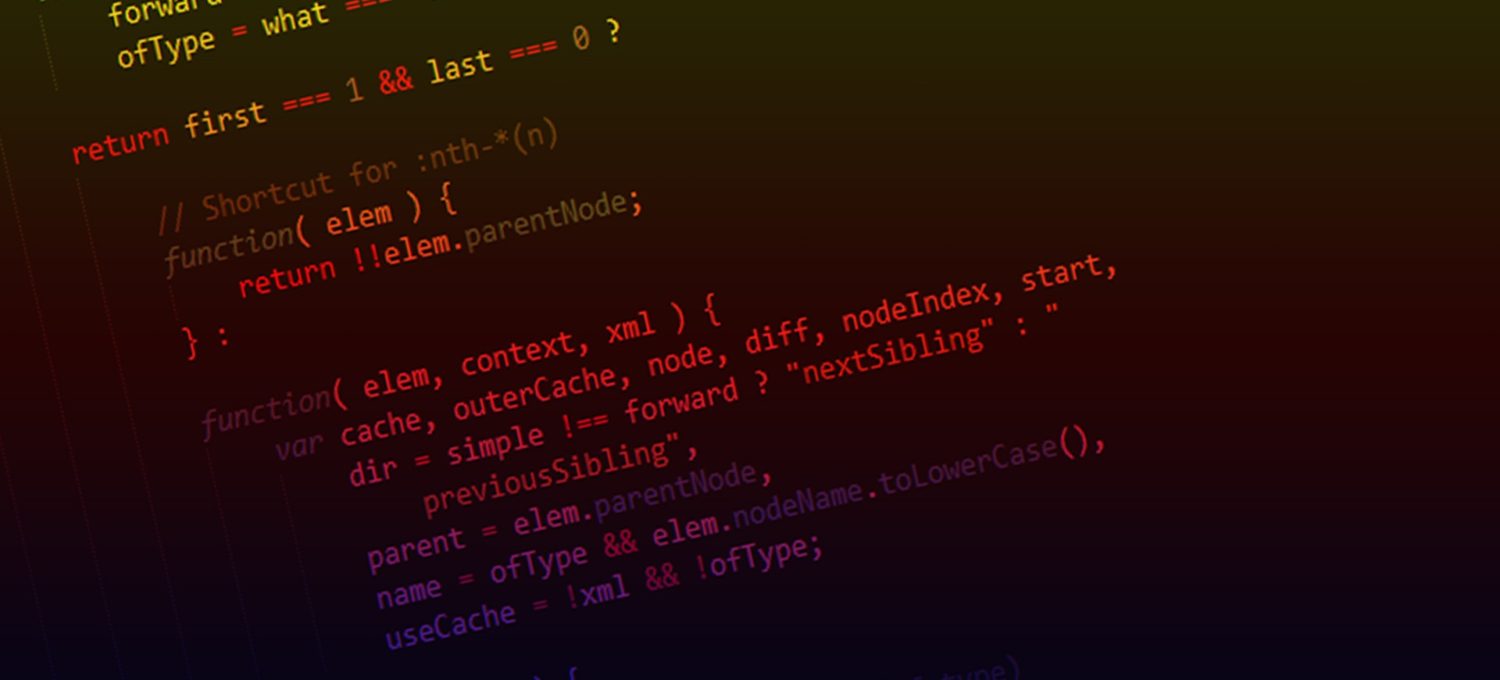Computer languages, they are impenetrable for most people. But, no matter what your opinions are of the language, they are vital to marketing a startup, providing the bare bones of an IT infrastructure, and is the underlay of everything we do on a computer now. It provides you content, it does everything! But when it comes to learning in computer language, a lot of people stay away from IT, and don’t consider it to be anything they can be skilled at. However, it’s one of those handy skills to have in the back of your pocket. But, while languages like C++ appear to be denser than the Bible, can you go from novice to expert when learning a computer language? Well, you can, and here is the best approach.
Start out small
Learning a computer language is like learning a language. Isn’t that a shocker?! But, in computer language terms, there are so many ways for you to practice. As with a foreign language, the best way for you to learn is to immerse yourself in it, the same thing applies here. In the computer world, open source projects are the way for you to get basic skills in every computer language. There are so many different resources online, from HTML tips and learning resources that provide the basics and complexities for every level, but also websites like First Timers Only. However, when it comes to building these components yourself, the adage of when you want to learn how to build a house, build one, comes to mind. So, think about building small, such as a basic binary adder, or a digital alarm clock. Once you get the fundamentals of building basic items, you can progress upwards.
Learn lots (and lots)
Yes, it may go without saying that you need to learn a lot. But, the fundamentals of code are, unfortunately for a lot of people, math and algebra. However, when it comes to learning complex algebraic equations, this isn’t something that a lot of us have the mind for, but if you don’t have the inclination to learn this at all, but you are desperate to get the finer details of code, by learning these fundamentals, you actually get the underlying knowledge of how programs relate with each other. This should give you the motivation.
Try computer engineering
In addition to learning the basics of code, you might want to go one step further and engage in the physical aspects of computers. Computer engineering is something that gives you another perspective of the acts of code. Purchase a computer, and understand how to wire it, or put chips in. Take a look at the software and the underlying processes to give you an all-round appreciation. And if you don’t know where to begin, there are various online resources to send you on your merry way.
It’s an intimidating world, sure, but if people are telling you about things you don’t understand, and you’re trying your best to fit in, don’t worry about the latest buzzwords. A lot of the terms will be redundant very soon! What matters is that it is possible to do it, and by using this approach to learning it, it will get you set up.
Photograph by Simplu27

